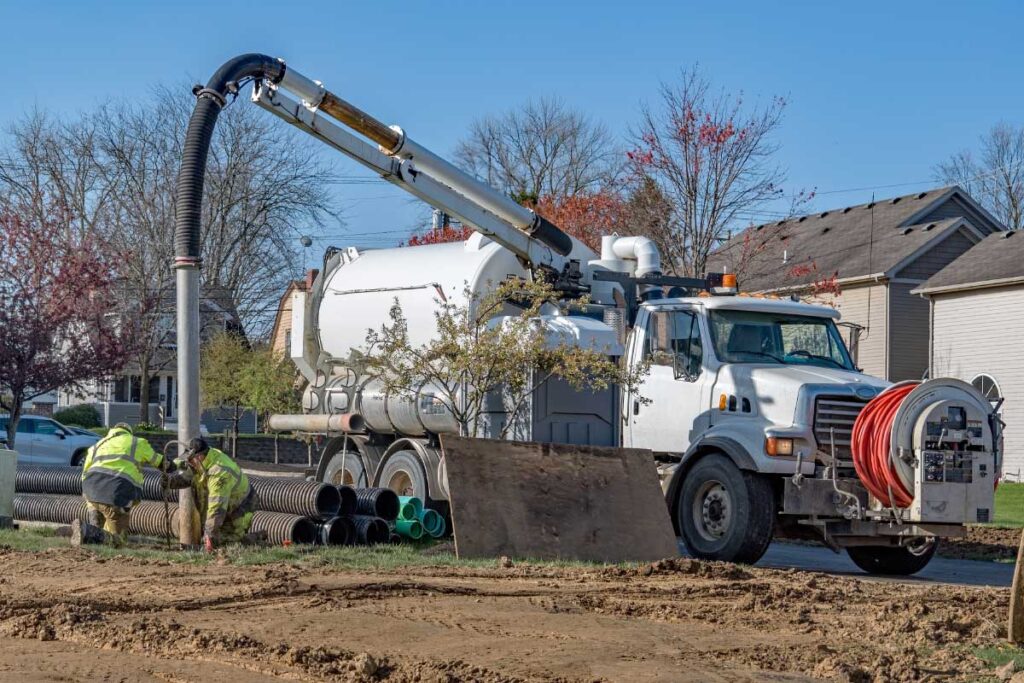Field service organizations are no strangers to regulations, as they often work in heavily regulated industries such as healthcare, energy, and manufacturing. In 2024, the regulatory landscape is evolving, and field service organizations must be prepared to adapt. This blog explores the changing regulatory environment and its impact on field service organizations, with a focus on compliance requirements expected in the coming year.
The Shifting Regulatory Landscape
Regulatory compliance has always been a priority for field service organizations. However, several factors are contributing to the evolving regulatory landscape:
- Advancements in Technology: The integration of advanced technologies like IoT, AI, and remote support has raised new compliance considerations.
- Data Privacy and Security: Increasing concerns about data privacy and security have led to the introduction of stricter regulations, such as GDPR and CCPA.
- Environmental Concerns: Sustainability and environmental regulations are becoming more stringent as organizations are pressured to reduce their carbon footprint.
- Global Events: Events like the COVID-19 pandemic have spurred changes in regulations, particularly regarding remote work and health and safety protocols.
Compliance Requirements in 2024
Field service organizations should anticipate several compliance requirements in 2024 and take proactive steps to ensure adherence:
- Data Privacy and Security: As data breaches become more common, expect tighter regulations governing data privacy and security. Compliance may involve stricter data protection measures and reporting requirements.
- Remote Work Compliance: With remote work continuing to be prevalent, organizations must comply with regulations related to employee rights, working conditions, and cybersecurity for remote employees.
- Environmental Regulations: Sustainability and environmental regulations will likely demand greener practices, such as the use of electric vehicles and more eco-friendly materials.
- Industry-Specific Compliance: Industry-specific regulations, such as healthcare data protection or energy efficiency standards, may require organizations to meet specific compliance requirements.
- Health and Safety: Compliance with health and safety regulations will remain a top priority, especially as organizations respond to global events or public health crises.
Strategies for Ensuring Compliance
Field service organizations can take several steps to ensure they meet the evolving compliance requirements in 2024:
- Regulatory Monitoring: Stay informed about changes in regulations by monitoring government websites, industry publications, and consulting with legal experts.
- Risk Assessment: Conduct regular risk assessments to identify areas of vulnerability in your organization’s compliance efforts.
- Data Governance: Implement robust data governance practices, including data encryption, access controls, and data retention policies.
- Training and Education: Educate your workforce on compliance requirements, with a focus on data security, privacy, and industry-specific regulations.
- Audit and Reporting: Regularly audit your compliance efforts and maintain detailed records for reporting and verification.
- Technology Integration: Implement compliance-focused technology solutions, such as data privacy tools and compliance management software.
The Benefits of Compliance
While navigating compliance requirements can be challenging, it offers several benefits to field service organizations:
- Legal Protection: Compliance reduces the risk of legal actions and penalties resulting from regulatory violations.
- Enhanced Reputation: Demonstrating a commitment to compliance and ethical practices can enhance your organization’s reputation and build trust with customers and partners.
- Operational Efficiency: Compliance practices often lead to more efficient and streamlined processes.
- Competitive Advantage: Compliance can provide a competitive edge by positioning your organization as a responsible and trustworthy service provider.
The evolving regulatory landscape in 2024 will demand vigilance and adaptation from field service organizations. Staying informed about changing compliance requirements, implementing best practices, and educating your workforce are essential for meeting these challenges. While compliance efforts may require an investment of time and resources, the benefits extend beyond legal protection, offering an opportunity to enhance your reputation, efficiency, and competitive advantage in the field service industry. By embracing compliance, organizations can confidently navigate the ever-changing regulatory environment and thrive in 2024 and beyond.
At Gogh Solutions we specialize in IFS Cloud for Service Management (FSM) application implementations and work with some of the most influential organizations across multiple industries. Our goal is to provide our clients with the tools and resources they need to unlock the full potential of their IFS Service solution. Contact us to find out how Gogh Solutions can drive your successful IFS field service implementation.







